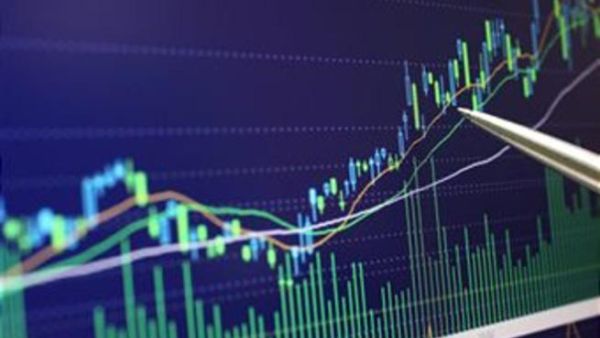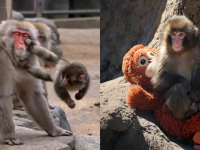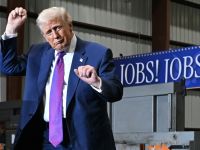In a week when regional and global equities were butchered by capitulating investors, a drop in the BLOM Stock Index by 0.3 percent to 1,240.69 points is ironically as good at is gets. Fears of a Greek default and a U.S. recession are driving investors away from equities, and holders of Beirut-listed stocks are just as wary.
The Beirut Stock Exchange’s market capitalization, which dipped below the $11 billion mark during the first week of September, resumed its journey south and closed the week ending Sept. 23 at a two-year low of $10.71 billion.
“Lebanon is not an island. The entire investor community is nervous when it comes to volatility in international markets and that impacts domestic investors who also own shares in global markets,” said Georges Homsi, head of private banking at Credit Libanais in an interview with The Daily Star. But the selling rush in foreign markets is contrasted by a ghost town Beirut Stock Exchange. The volume of traded shares on the BSE was down 44 percent during the week, as attention shifted to global developments.
Only 75,000 shares of Solidere, the exchange’s most traded stock, changed hands during the week, still enough to eat away 1 percent and 1.6 percent of the A and B tranches respectively, closing at $15.29 and $15.16.
Solidere’s shares have shed nearly 20 percent of their value since the start of the year, but Homsi doesn’t see any momentum to recent declines given individual investors are more likely driving the market for now. “Solidere has been under pressure in terms of pricing but not in terms of volumes. In times of crises, 150,000-200,000 shares are typically traded daily, but today we only see small volumes,” said Homsi.
In the same token, no shares of BLOM Bank, Lebanon’s second largest by assets, were traded during the week, although trading in the bank’s GDRs reached $50,000 and pulled down the stock price by 1.7 percent. And the downward trend doesn’t appear to be nearing an end anytime soon with Homsi suggesting further declines are due given the lack of interest from Arab investors in BSE stocks under the new government.
“Solidere’s investors are mostly from the Gulf region, including Saudi Arabia and Kuwait. During the previous political structure, regional investors were interested in buying real estate and real estate shares on the BSE, but today with the changes that have happened, I am not sure the appetite is still there,” said Homsi. In addition to the domestic political changes of the past nine months, Lebanon has been faced with a difficult economic environment emanating in part from deteriorating security in neighboring Syria and from weak investor confidence.
Recently published data showed the central bank’s coincidence indicator, widely seen as a measure of economic activity in the country, fell 1.8 percent to 257.1 points in July, its lowest level in four months. Although cement deliveries inched up 0.34 percent in July to 586,997 tons, construction permits, a proxy for future construction activity, plummeted by a third in July to 1.19 million sqm compared 1.78 million sqm in June and 1.73 million sqm in July 2010.
Still, analysts maintain that BSE and economic factors are driven directly by domestic and regional political developments, both of which appear to have at least marginally improved over the past several weeks. Most recently, the government’s contentious electricity plan garnered widespread support in parliament, putting an end to months of heated political debate, but apparently falling short of jump-starting interest in Beirut stocks.
According to Homsi, “investors are by nature risk-averse, so until the situation totally stabilizes, I think the wait-and-see mode will continue.” He said that for stock prices to rise again, “we would need to see stability in international markets, regional political stability, and a clear view on the outcome of the political change in Lebanon.”








